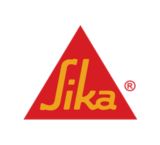What are Type N Mortars ?
Type N Mortars are mortars with medium compressive strength, typically used for laying brick units. When prepared in a laboratory and mixed to a flow of 100 to 115%, these mortars should have a minimum compressive strength of 3 MPa at 7 days and 5 MPa at 28 days.
What are Type S Mortars ?
Type S Mortars are mortars with high compressive strength, typically used for laying concrete blocks. When prepared in laboratory and mixed to a flow of 100 to 115%, these mortars should have a minimum compressive strength of 7.5 MPa at 7 days and 12.5 MPa at 28 days.
